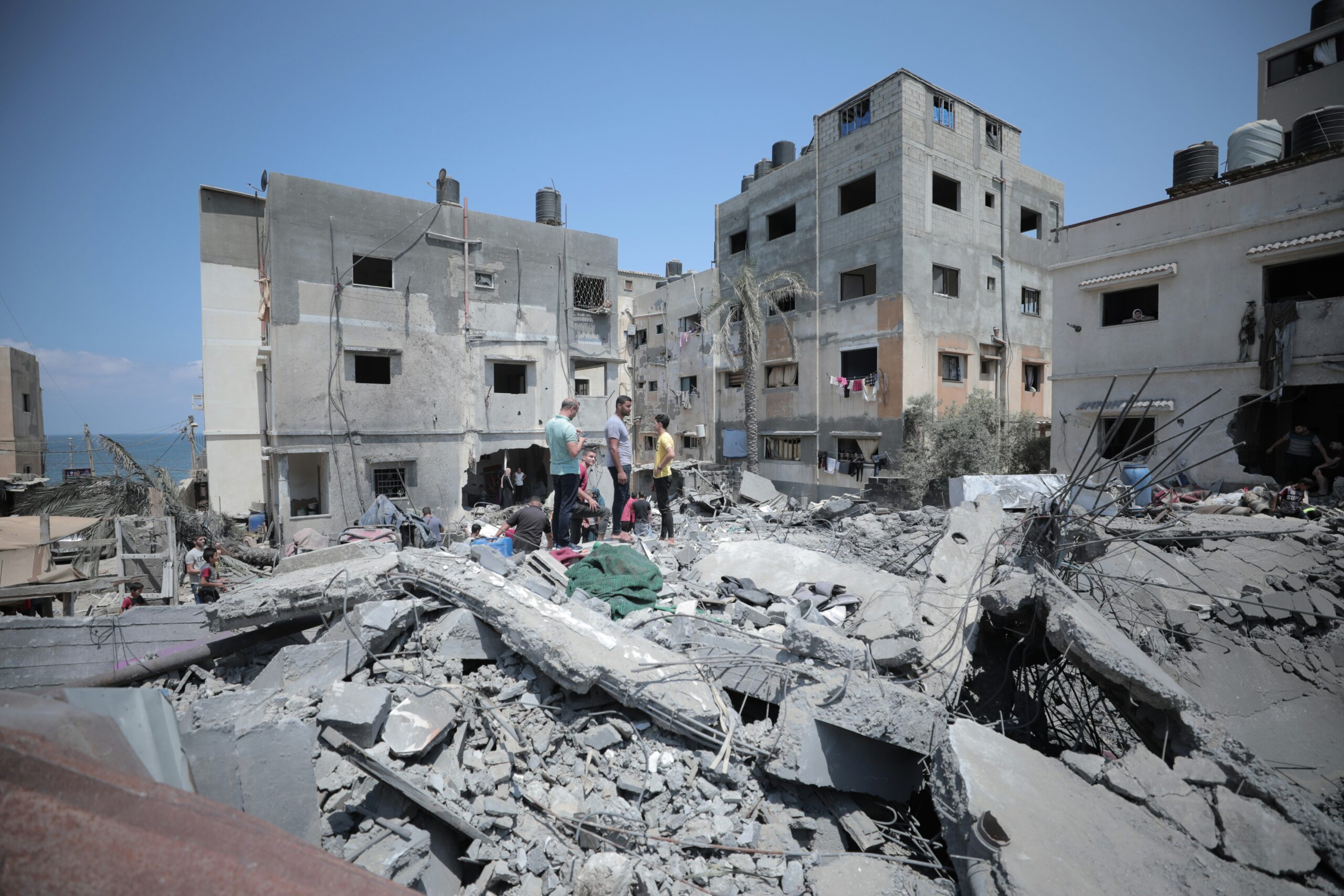
Israeli military operations in Gaza have intensified, resulting in the deaths of at least 81 Palestinians and severe famine conditions. The recent actions mark the beginning of an assault aimed at capturing Gaza City, the largest urban center in the territory, currently home to nearly one million people facing dire circumstances.
Key Facts
- Since dawn, Israeli attacks and forced starvation have killed at least 81 Palestinians in Gaza.
- The Israeli military has initiated the first stages of its planned assault to capture Gaza City.
- Three Palestinians died of starvation on Wednesday alone, contributing to a total of 269 hunger-related deaths including 112 children.
- An Israeli strike on a tent in southern Gaza housing displaced Palestinians killed three individuals.
- Prominent former Palestinian national basketball player Mohammed Shaalan was shot dead by Israeli forces at an aid distribution point, among 30 aid seekers killed on Wednesday.
Background
Gaza has been experiencing a severe famine, worsened by Israel’s ongoing blockade which restricts food, fuel, and medical supplies. The World Food Programme (WFP) has highlighted a rapid increase in malnutrition across Gaza, describing the situation as a critical starvation crisis. The United Nations agency for Palestinian refugees (UNRWA) reports that nearly one-third of Palestinian children in Gaza City are now malnourished.
Timeline / What We Know
The Israeli assault on Gaza City began amidst a broader campaign that has seen continuous military activity in the region. Recent strikes have particularly targeted the Zeitoun neighborhood and Jabalia in the north of Gaza City, leading to systematic demolitions of homes and mass displacement of residents. The escalation follows a longstanding pattern of conflict in the area, exacerbated by recent Israeli military strategies and blockades.
Official Reactions
International and local organizations have voiced strong opposition to the ongoing violence and humanitarian crisis in Gaza. The World Food Programme has explicitly called the situation in Gaza ‘starvation.’ Meanwhile, Israeli rights group Gisha has criticized the Israeli government’s efforts to minimize and evade responsibility for the crisis. UNRWA has called for an immediate ceasefire, describing the working conditions for their staff as catastrophic.
What’s Next
The situation remains volatile with ongoing military operations by Israeli forces. International mediators are actively seeking to negotiate a ceasefire, with proposals for a 60-day truce and an exchange of captives and prisoners under discussion. However, the outcome is uncertain as the Israeli government, led by Prime Minister Benjamin Netanyahu, has not yet accepted any ceasefire proposals.


